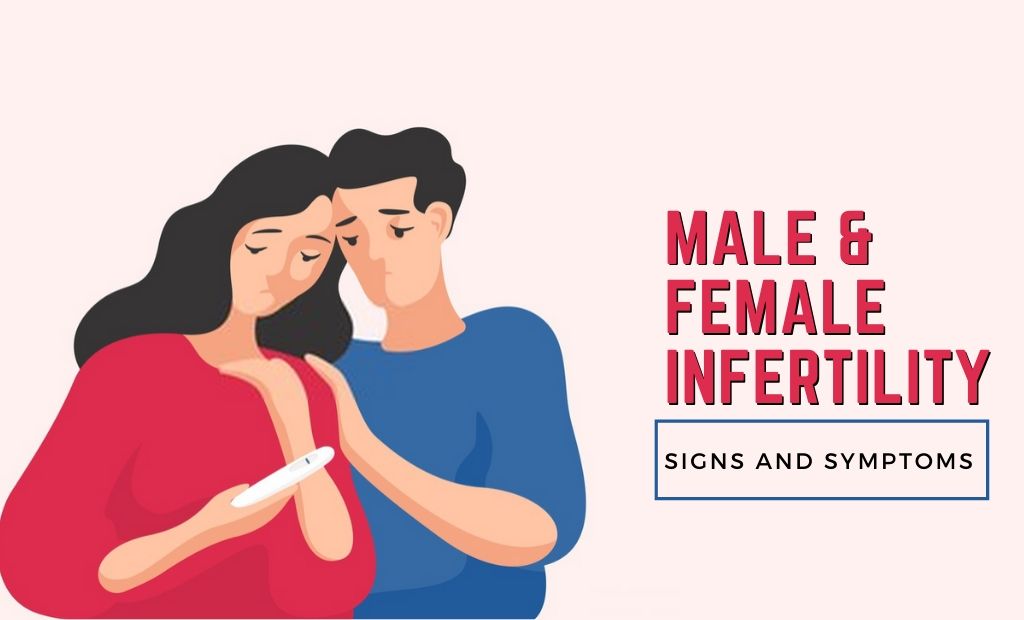What is infertility?
Infertility is the inability to conceive children and now it is increasing in all nations. About 15% of couples are infertile. And in these, about one third of the cases are due to male infertility. Infertility sometimes disturb the relation of couples and It affects their married life. Many becomes become depressed just because they cannot conceive. To solve this problem, sometimes they adapt children from orphanages and some go for its alternate such as IVF pregnancy.
Sometimes, infertility is treatable and it takes almost 1 or 2 years in its treatment. But treatment of infertility depends on its causes. If it is not treated in earlier stages then it may also lead to irreversible infertility.
But there are some facts about male and female infertility about which very few people know. Therefore, we have added information about male and female infertility.
What is female infertility?
Female infertility is the inability of female reproductive system to induce pregnancy or to conceive child. About 25% of the cases are due to female infertility. There are various factors which are associated with the female infertility: certain hormonal disorders such as PCOS, irregular menstruation, weakened reproductive system, inability of ovaries to bear the weight of children.
Causes of female infertility:
There are different factors associated with female infertility. These can be environmental factors, meical disorders etc.
Medical disorders:
Hormonal disorders:
Certain hormone disorders such as PCOS, irregular menstruation often lead to female infertility.
Ovulation disorders:
Abnormality in the release of egg and certain other ovulation disorders may lead to infertility in females but these are treatable.
Uterine fibroids:
Fibroids pay an important role in the induction of pregnancy. The size and position of fibroids matters a lot and about 40% of the females may have fibroid disorders.
Risk factors:
Age of females:
Age matters a lot for pregnancy. Production of eggs decreases with the increase in the age of females. The best age to conceive child is under 30 years. So aging is also associated with infertility.
Weight:
Weight affects both male and female in terms of infertility. If a woman is obese then there is stress of weight on the ovaries of females. And when they try to conceive their ovaries can not bear the weight of children which then lead to miscarriage or sometimes ovaries become unable to conceive.
Eating habits:
Eating habits matter a lot regarding induction of pregnancy. Too much use of alcohol, caffeine and nicotine lead to infertility. So the females who want to conceive must focus on healthy food. Visit for further details.
